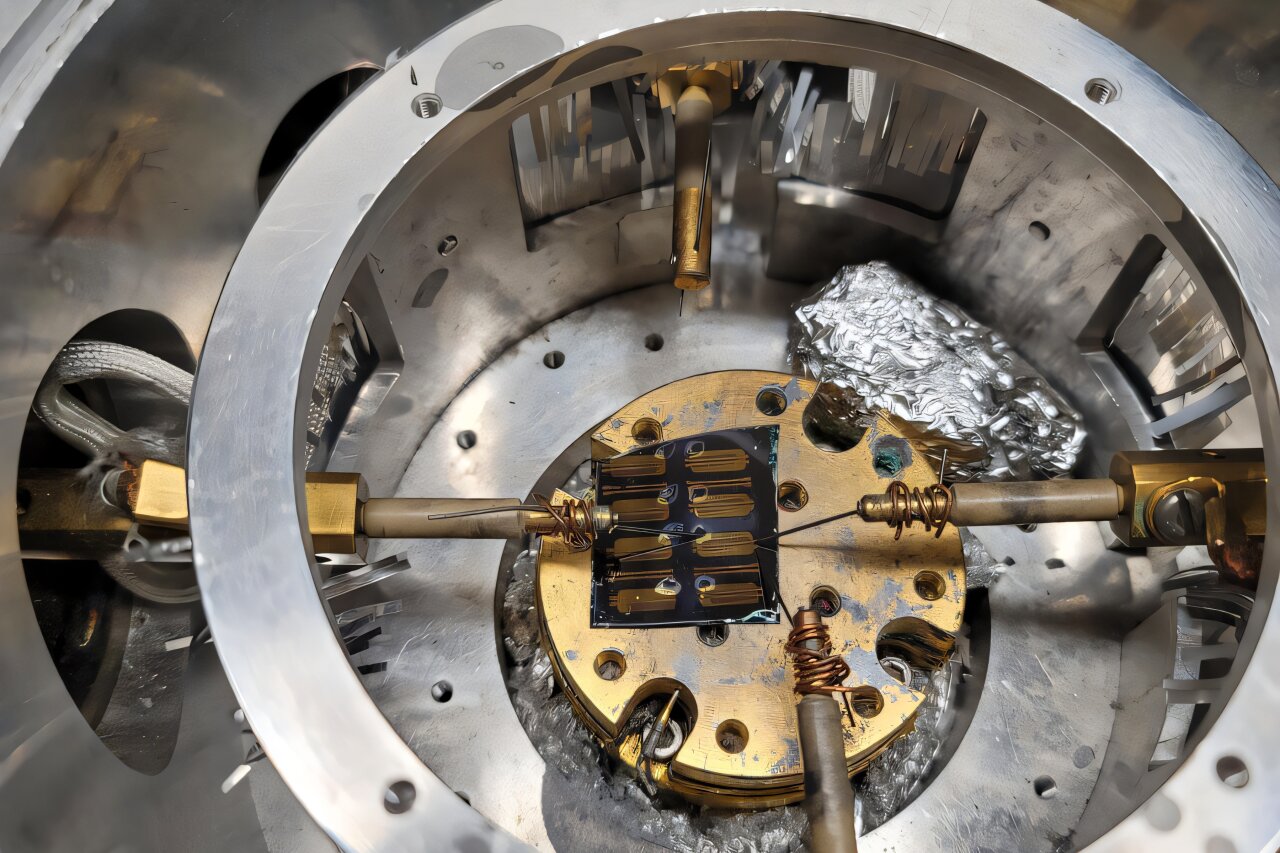The research team from Johns Hopkins University, led by Professor Howard Katz and graduate student Riley Bond, made a surprising discovery that could change the way memory works in electronics. By modifying the materials used in organic transistors, they created a new type of memristor – a device that can remember past charging states.
The researchers introduced a molecule called dibenzo tetrathiafulvalene (DBTTF) into the transistors, which formed crystals in the insulating layer where charge was predicted to be stored.
After applying a small current, they found the modified transistor was able to retain its past charge, demonstrating a memory-like function similar to how memristors operate.
This memory-like behavior of the transistor, where it adjusts its current based on previous voltages, is similar to how the human brain forms memories by adapting neural pathways.
The memristor-like properties of these modified transistors could enable new types of electronic memory systems that mimic the brain, improving efficiency and reducing energy consumption compared to traditional transistor-based data storage.
The research team is now expanding their work to explore if other types of transistors they have experimented with also exhibit memristor-like behavior that could be leveraged for this new memory technology.
Source: Tech Xplore









